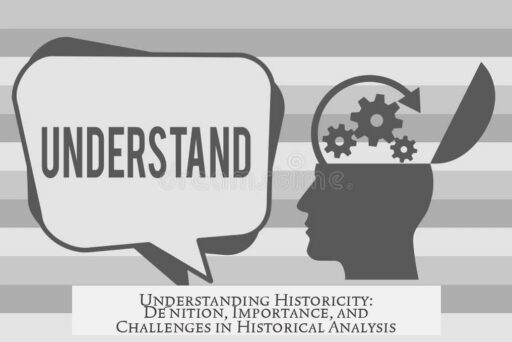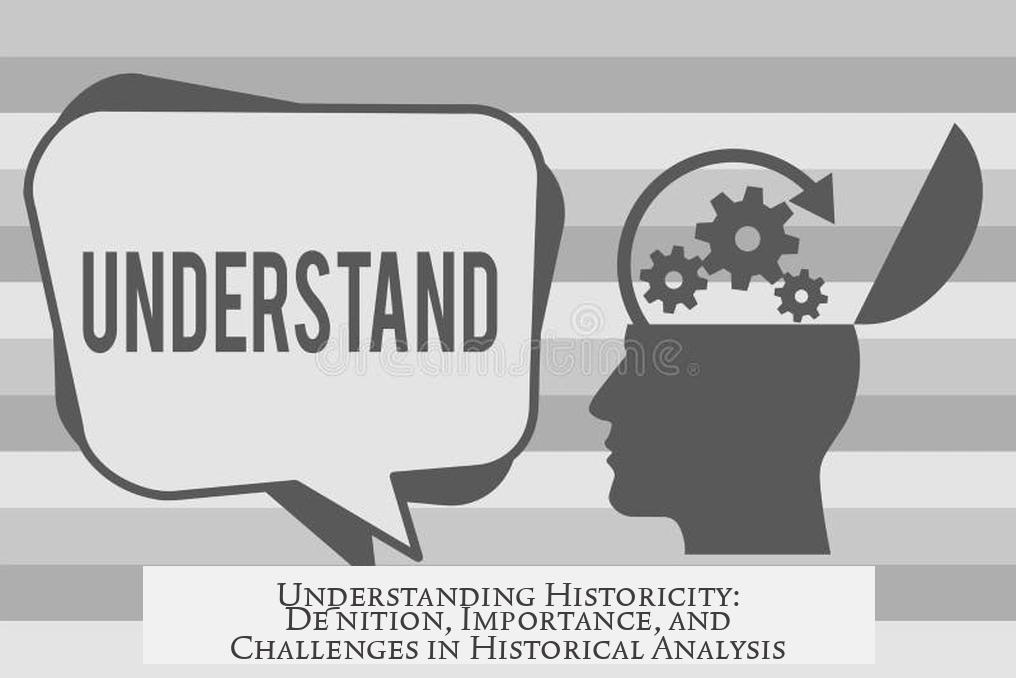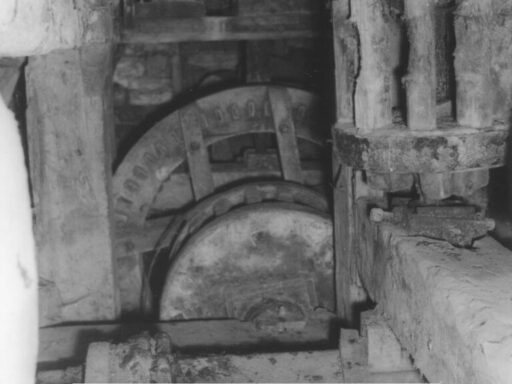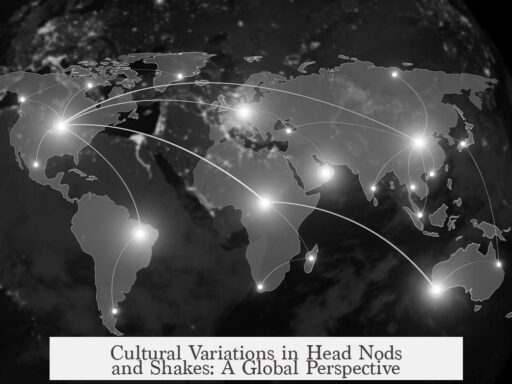Historicity is a term historians use to determine if a person, place, or event genuinely existed in the past. It measures the factual existence of subjects within history rather than myth or legend. Establishing historicity involves rigorous evaluation of evidence and sources.
For example, the historicity of Jesus pertains to the debate about whether a man named Jesus lived in first-century Judea. Historians examine available documents and data to confirm his existence beyond religious texts.
Establishing historicity often proves difficult. Historical records typically favor the elite and powerful and are sparse. This scarcity challenges historians as they seek reliable proof. Generated records can be incomplete or biased, further complicating confirmation.
When studying Jesus, scholars analyze writings like those by the Jewish historian Josephus. These ancient texts mention Jesus and the origins of Christianity, but the references are minimal. Historians carefully parse these documents to support or question historicity claims.
Debates about historicity can be subjective and controversial. Interpretations rely heavily on language nuances and limited source materials. This subjectivity is heightened when the topic touches sensitive areas such as religion, drawing vigorous academic and public discussions.
Scholarly opinions on the historicity of Jesus vary. Some argue Josephus’s mentions are later Christian insertions, while others defend their authenticity. A middle ground suggests Josephus’s records mix genuine first-century references with later modifications.
- Historicity gauges the existence of past people, places, or events.
- It relies on scarce and often biased historical records.
- Debates can be subjective, especially on religious subjects.
- Historians use critical analysis of ancient documents to assess historicity.
- Scholarly views on historicity may differ, reflecting varying interpretations.
What is “Historicity?” Digging into the Past with a Sharp Lens
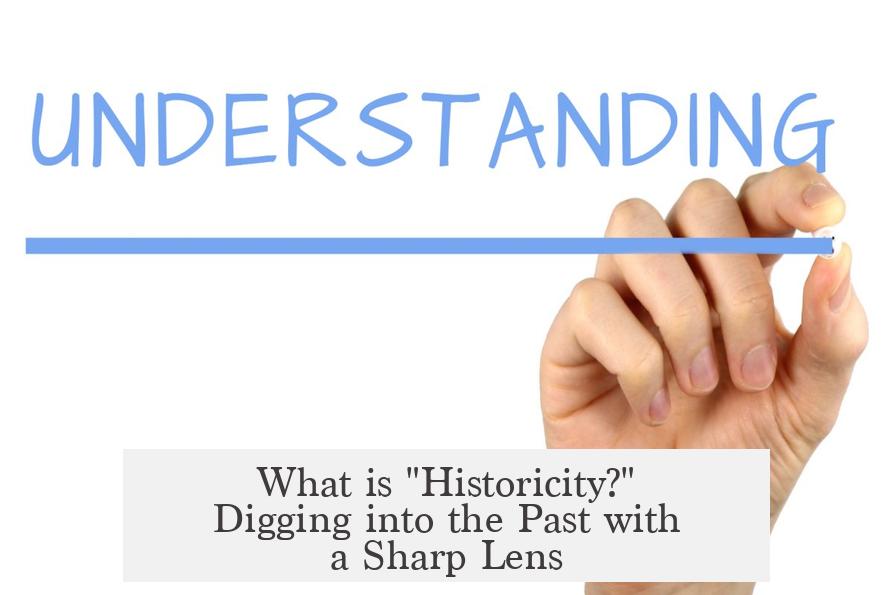
Historicity refers to the question of whether a person, place, or event truly existed in the past. This sounds straightforward, right? Just find proof, and bingo—historicity checked. But hold on; scratching beneath history’s dusty surface reveals a far messier reality.
Imagine sifting through ancient scraps, piecing together stories that have often been filtered by centuries of retellings and agendas. Historicity serves as a tough, disciplined test to separate myth and legend from historical fact.
Why Does Historicity Matter?
Think of historicity as history’s version of a detective’s truth serum. When historians say, “We’re assessing historicity,” they essentially ask: Did this really happen, or did someone’s imagination run wild? This rigor helps build an accurate understanding of our past, instead of a fairy tale passed around campfires.
Or, to put it another way: if history were a courtroom, historicity is the evidence that either convicts or acquits a subject of existence.
A Classic Case: The Historicity of Jesus
One of the most famous debates about historicity involves Jesus of Nazareth. Historians agonize over whether there was really a man named Jesus living in Judea in the first century. The stakes? Monumental. Religions and billions of people hinge on this question.
Here’s the scoop: historians sift through fragmentary documents, like writings from the Jewish historian Josephus, to find clues. But these texts aren’t crystal clear. Some scholars claim parts of Josephus’ accounts were “doctored” or even forged by Christian copyists. Others argue these texts should be trusted more outright.
Between these extremes lies a compromise: parts of Josephus’ writings might be spurious, yet there’s still enough genuine material to argue a historical Jesus did exist.
Why is Establishing Historicity So Tricky?
It’s far from a walk in the park. Most surviving records are dangerously biased. They usually focus on the elite or powerful—kings, priests, generals—not your everyday person. Forget about newspapers or social media to fill the gaps.
This scarcity turns the hunt for historicity into something like a complicated puzzle with missing and misleading pieces. Sometimes historians end up debating what a single word means in an ancient phrase, and that tiny debate can sway the whole interpretation.
Methodology: How Do Historians Gauge Historicity?
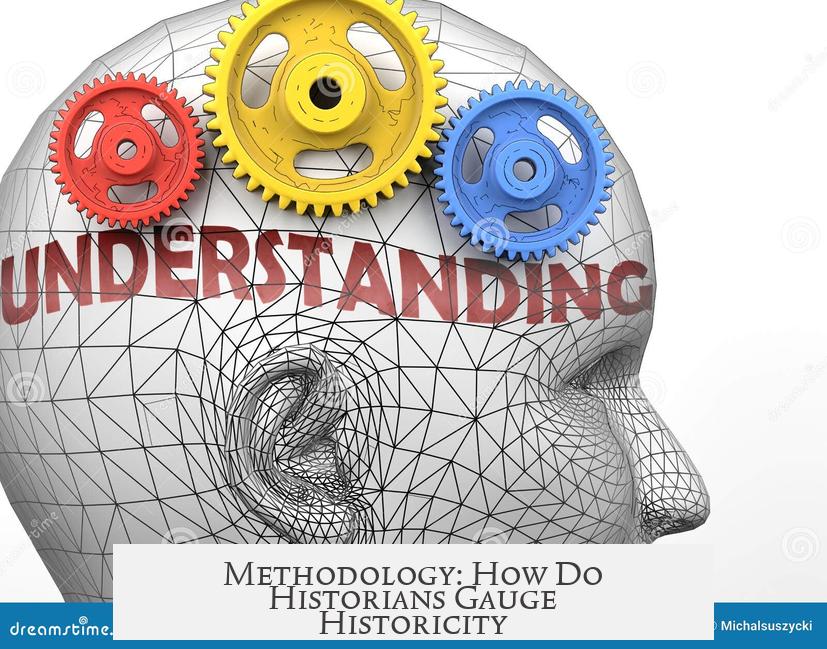
Here’s where the detective work kicks in. Historians don’t just take stories at face value. They scan ancient texts carefully, comparing sources, checking for biases, and assessing if mentions fit the social and political context of the time.
For instance, in the Jesus debate, scholars analyze brief mentions in second-hand accounts, looking at language, possible additions, and the likelihood someone fictional would appear in those records. It’s like piecing together a jigsaw puzzle from only a handful of edge pieces.
The Subjectivity Conundrum and Controversy
You’d think historicity matters only to academic historians in ivory towers. Actually, when debates touch sensitive topics—like religion—things heat up. Interpretations sway wildly and emotions run high.
One person’s “forgery” might be another’s “authentic record.” These debates often zoom in on semantic nuances, turning what seems like tiny details into major battlegrounds. Historicity claims can spark passionate discussions or, sometimes, fierce disputes.
Lessons from the Historians’ Table
The varied opinions on Jesus’ historicity show how challenging it is to claim absolute certainty. Some historians are skeptical, believing the sources are layered with later insertions. Others emphasize that these historians detect enough real references to affirm a historical figure existed.
This middle ground represents the consensus, where scholarly caution and evidence balance out. It acknowledges that while some texts show signs of tampering, they still preserve enough truth to suggest Jesus was a real person who lived in that period.
Why Should You Care About Historicity?
Understanding historicity sharpens your critical thinking. It reminds you: not everything from the past is set in stone. History isn’t just about memorizing dates and events—it’s about learning how to ask the right questions and weigh evidence wisely.
Next time you hear a bold claim about history—whether a discovery, a legendary tale, or ancient scripture—pause and consider historicity. Has anyone really confirmed it, or is it a story passed down with a wink and a nod?
Takeaway: Embrace the Quest, Not Just the Answer
Historicity is less about locking down absolute truths and more about responsibly navigating uncertainty. It teaches humility. Historians admit what they don’t know, focus on what evidence says, and leave room for future discoveries.
So, when you ask, What is “historicity?” remember: it’s the art and science of verifying the past, a fascinating maze of scraps, doubts, and debates. And in its twists and turns, it invites all of us to wrestle with history’s living story.
Feeling inspired to dig deeper? Try examining a historical claim on your own. Look for primary sources, ask what biases might lurk, and see how historians argue. You might find history is less about dusty facts and more about dynamic detective work—and that’s pretty cool.
